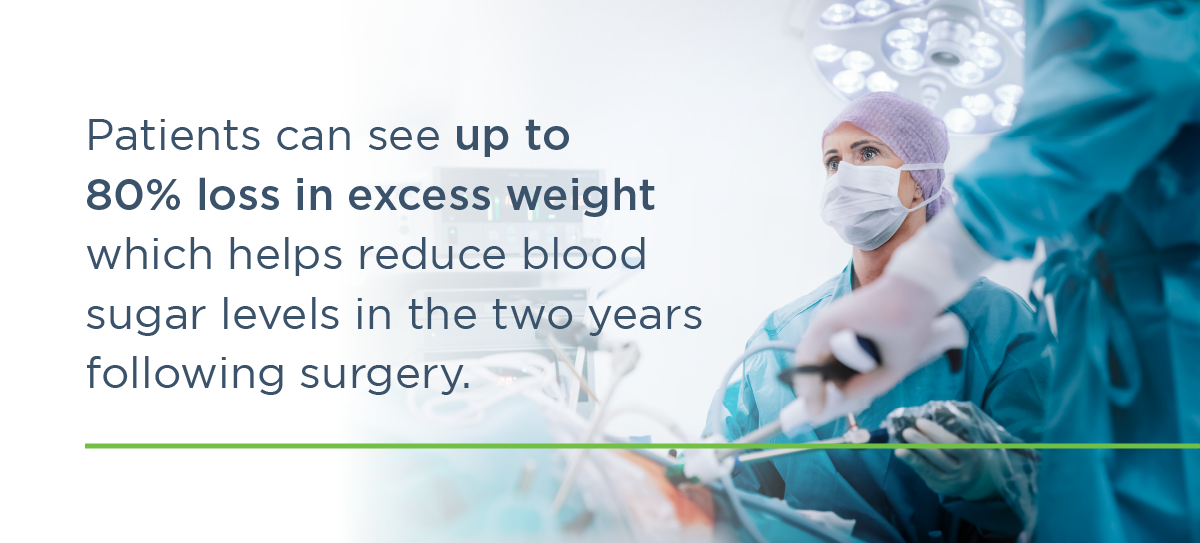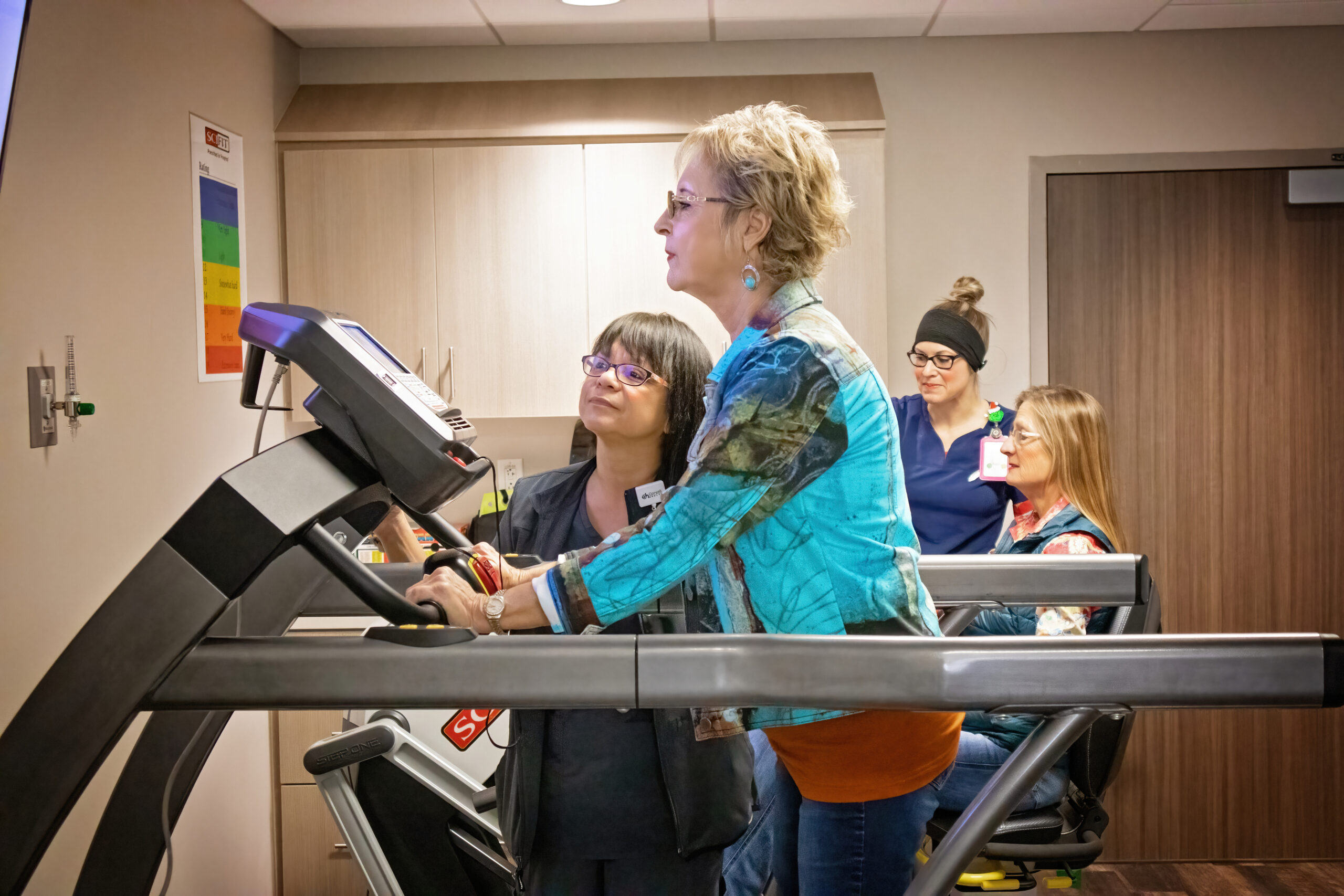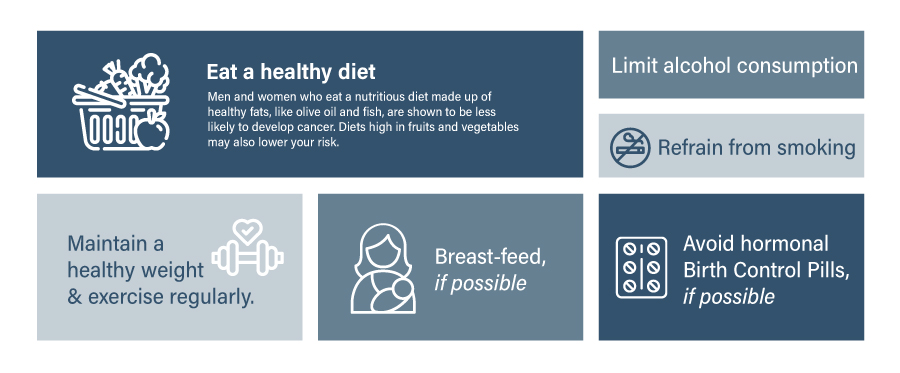Traditionally an activity limited to pen and paper, the expansion of consumer technology has enabled health journaling to go digital. Apps and online tracking exercises can be accessed 24/7 from your smartphone. Whether using apps or not, accurate monitoring of your day-to-day life as it relates to your body provides detailed information which allows you and your primary care provider greater insight into your overall health.
Why Track Your Health?
Tracking your health can help you make smarter choices about your body while allowing you to improve your quality of life. Through day-to-day observation, you’re given more insight into your habits. You may begin to choose to eat healthier, drink more water and prioritize exercise after an in-depth review of your regular routines. These records can help you make the most of your doctor’s visits—be ready to ask your doctor questions based on your symptoms and the patterns you’re noticing while tracking. Share any information of note with them, such as a rise in your blood pressure, that you’ve noticed over time.
What Health Data Is Useful?
Health tracking enables you and your primary care provider to see trends in symptoms and
behaviors for individual wellness metrics like:
- Weight, temperature, blood pressure and blood sugar levels
- Sleep quality and quantity
- Medication intake
- Food and beverage consumption
- Exercise and activity level
Advancements in technology have made it easier than ever to track these metrics through
apps, but if you prefer, you can simply use a pen and spiral notebook to record your health.

Manually Monitoring Your Health
If you’re not a fan of using apps, you can still effectively track your health using just a pen and paper. Consider purchasing a daily wellness journal and logging your information, like sleep patterns and calorie intake, on paper. If you have a smartphone or watch, utilize the built-in reminders or calendar to set alerts to take your medication, drink water or set a bedtime prompt. If you don’t want to use a journal, you can also document information in the notes section of your phone.
Monitor Using Apps
If you’re looking for more guidance while tracking your information, consider using an app on your smartphone. Apps have the potential to make health journaling less complicated, prompting you to input information or reminding you to complete certain actions. These popular apps might make your experience more manageable.

Did you know that dehydration can lead to heat exhaustion, urinary and kidney issues, seizures and more? If you struggle to remember to pick up your water cup and take a sip, you’re not alone. Nearly 30% of older adults experience dehydration. Waterlogged is an app that provides users with information on water intake and helps track how many ounces they’re drinking so they can stay hydrated. Knowing you’re consistently dehydrated or how much water you drink may help your doctor when diagnosing you the next time you visit the office.
This menstrual cycle tracker app provides female users with the opportunity to track and predict their periods. Cycle helps monitor information to relay to your primary care provider when discussing fertility matters and monitoring hormone changes. Clue may even pick up on irregularities your doctor should know about.
Lack of sleep is harmful—studies show it might lead to a less effective immune system, increased depression and anxiety, impaired memory and more. SleepScore helps users track shut-eye and determines how many restful hours of sleep they’ve gotten each night.
If you have an Apple Watch, monitoring your heart rate and exercise time is simple. The Apple Health app allows you to monitor your heart rate and detects any abnormalities to report to your doctor. You can also customize the app and add in your blood sugar readings and track your menstrual cycle.
Whichever method you choose, stay consistent and make sure you’re reporting your findings to your primary care provider. Explore our website to find other helpful articles relating to your health.
 Skip to content
Skip to content











